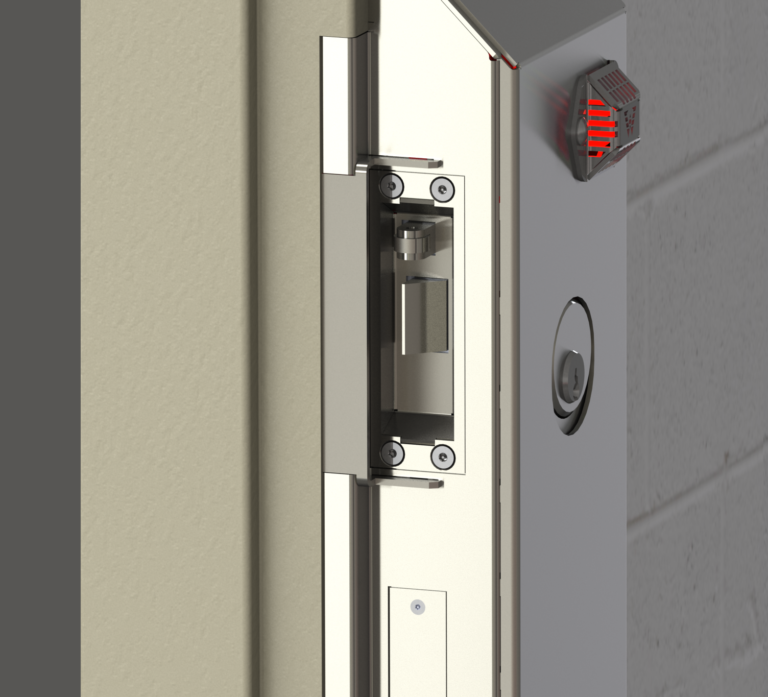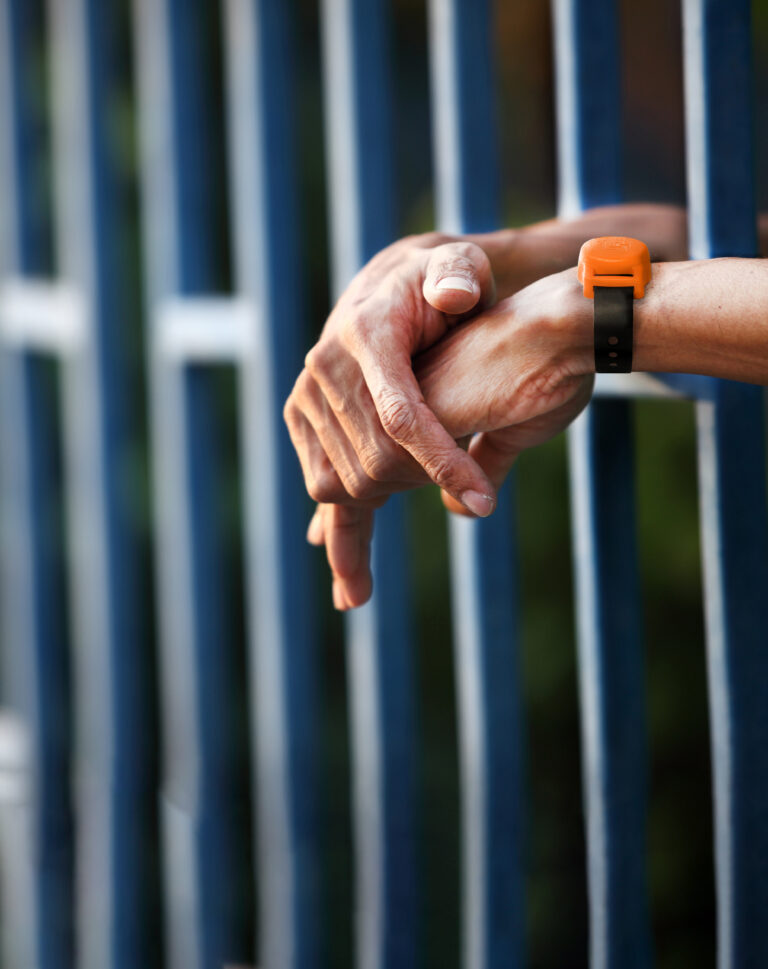Jasper County Awarded Federal Grant to Assess Inmate Mental Illness
By Rachel Leber
CARTHAGE, Mo. — Jasper County received a two-year, $208,000 federal grant last week that will enable a data collection initiative around mental health issues in its jail. The grant was awarded to Jasper County by the U.S. Department of Justice, and the data collection and analysis that it will fund begins in January 2018.
Recent research around corrections and incarceration has supported the theory that overcrowding and overspending of jails comes as a result of housing people with mental illnesses — and Jasper County has estimated that 12 to 20 percent of county inmates have these types of issues, which lead to a cycle of crime and incarceration. In many cases, these are people could possibly be helped in other more effective ways if properly diagnosed.
The grant awarded to Jasper County will allow the county to hire a new jail employee that will screen new inmates for mental illness upon their arrival as well as a trained clinician from the Ozark Center in Joplin, Mo., that will make regular visits to the jail to diagnose new inmates.
The goal of the grant-supported project is to have a clearer picture of the overlap between criminal justice and behavioral health systems in Jasper County. Once the grant funding period comes to an end, the data will then be analyzed by Kevin Bryant, a professor of sociology and criminology at Benedictine College in Atchison, Kan., according to a recent article from the Joplin Globe.
The new grant-supported initiative is part of the nationwide Stepping Up initiative and is just one part of Jasper County’s overarching plans to address mental health issues in the jail. The county has more recently and so far implemented the training of the sheriff’s deputies to be better able to handle and address mental health issues in the jail as well as the creation of special court dockets that require sobriety and mental healthcare as a condition of release.
With the genesis of of the new data-collection initiative, a regular quarterly meeting will take place around mental health in the jail that will include law enforcement officials, public defenders, court employees and mental health providers. The first quarterly meeting will take place during the first quarter of 2018.






